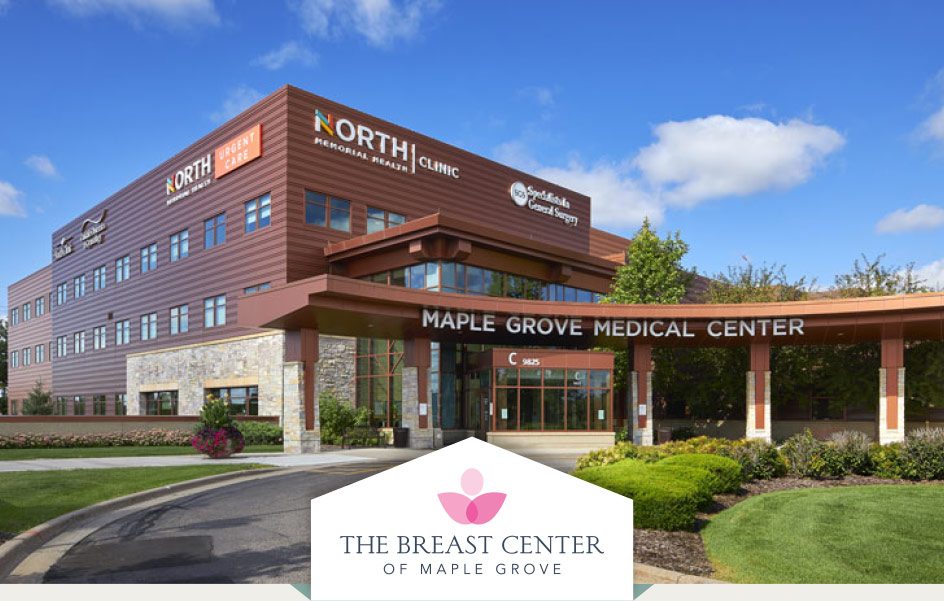Breast cancer occurs when the cells in your breast change (or mutate) and grow in an uncontrolled way. This creates a mass of tissue known as a tumor. Breast cancer can invade the tissue surrounding your breast, or it may travel to other parts of the body to form new tumors.
About 1 in 8 women will develop invasive breast cancer over the course of her lifetime. Although breast cancer rates in the United States are actually decreasing, breast cancer is still the second leading cause of cancer death among women—second only to lung cancer.
Who Is at High Risk for Breast Cancer?
According to the National Breast Cancer Foundation, breast cancer may be the result of genetic or environmental factors, or sometimes a combination of both.
Below, we’ve listed a few generic risk factors to be aware of:
Your Gender
Although breast cancer affects both men and women, less than 1% of all new breast cancer cases happen in men. Women are significantly more likely to develop breast cancer than men.
Your Age
The risk of breast cancer increases with age. While breast cancer can happen earlier, it is most common in women over age 55.
According to the American Cancer Society (ACS):
- Approximately 1 out of 8 invasive breast cancers develop in women younger than 45.
- Approximately 2 out of every 3 invasive breast cancers are found in women 55 or older.
Your Family History
Having a family history of breast cancer increases your risk, as well. If a close relative, like a parent, sibling or child, was diagnosed with breast or ovarian cancer, you have a higher risk of being diagnosed with breast cancer in the future.
Your Menstrual and Reproductive History
Beginning menstruation before the age of 12, or beginning menopause after age 55, can increase your risk for breast cancer. In addition, having your first child at an older age or never giving birth at all can increase your risk.
Environmental Causes of Breast Cancer
In addition to genetic causes, your lifestyle and habits can also put you at greater risk for developing breast cancer. We’ve listed a few examples below:
Your Activity Level
If you spend most of the day sitting with very little physical activity, you may increase your risk for breast cancer.
Your Diet
If your diet consists of high saturated fats with little fruits and vegetables, this, too, can increase your risk.
Your Weight
In addition to exercise and food, being overweight or obese can increase your risk. According to ACS, if you are overweight and have already gone through menopause, this risk increases even more.
Your Alcohol Consumption
The higher the number of alcoholic beverages you drink each day, the higher chance you have of developing breast cancer:
“Women who have 1 alcoholic drink a day have a small (about 7% to 10%) increase in risk compared with those who don’t drink, while women who have 2 to 3 drinks a day have about a 20% higher risk,” (ACS).
Your Postmenopausal Hormone Therapy
Treating menopause symptoms with hormone therapy medications that include estrogen and progesterone, also called hormone replacement therapy, puts you at increased risk for breast cancer.
Can You Get Breast Cancer at 14 or Younger?
Breast cancer is very rare in teenagers. Changes in breast size, for instance, is a normal part of puberty. However, if breast cancer runs in your family, it’s important to educate your teen on the importance of regular breast exams, as well as mammograms when they get older, to improve early detection.
This may also present an opportunity to discuss the type of environmental risk factors we noted earlier, and educate your teen on how to avoid them.
How to Reduce Risk of Breast Cancer
Pursuing a healthy lifestyle that combines nutrition with physical activity is one of the first steps to combating breast cancer and other illnesses. However, as there are other factors that can put you at higher risk for developing this disease, knowing these risks, as well as getting annual screening mammograms, beginning at age 40, are effective ways to catch breast cancer in its earliest, most treatable stage.
At The Breast Center of Maple Grove, we make it easy to fit your annual mammogram into your busy schedule. We offer convenient, same-day appointments every Monday through Friday 7:30am-5:00pm. We also offer extended hours from 7am-8pm, Monday-Wednesday, and we can accommodate walk-ins.
If you’re due for your mammogram, you can make an appointment now, or walk right into our center conveniently located across from Maple Grove Hospital.
If you’re ready to take a protective role in your women’s health journey, we can help. Schedule your appointment today!

